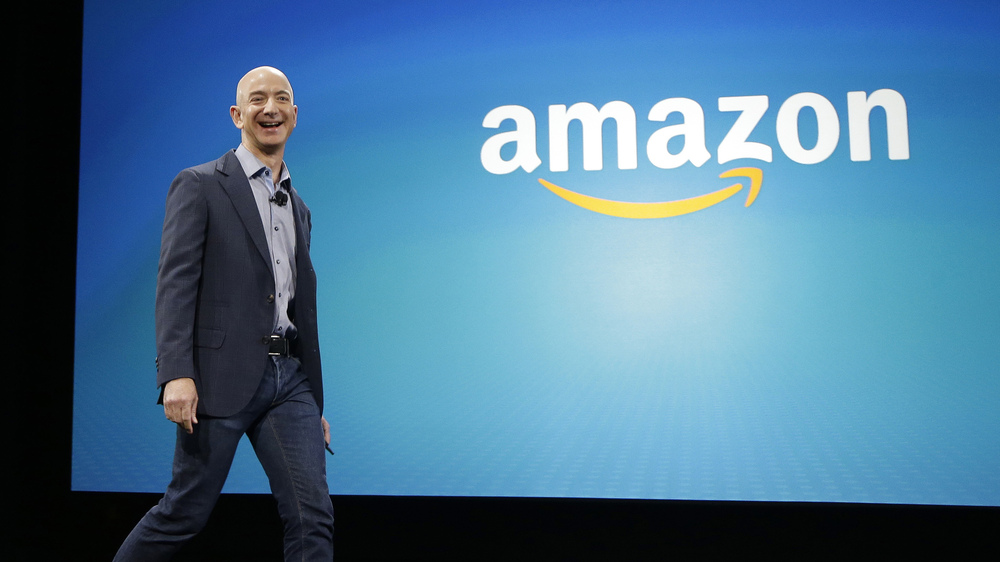Don't have an account?
Login to EaseMyDeal

2023-11-28
193
In the dynamic realm of tech giants, the conventional idea of work-life balance faces a significant challenge from some of the industry's most influential figures. Amazon's Jeff Bezos, Microsoft's Satya Nadella, and Tesla's Elon Musk are spearheading a movement that challenges the traditional narrative of balancing professional and personal spheres. Their statements and approaches shed light on a paradigm shift in how we perceive work and life integration.
Reframing the Concept: Work-Life Harmony vs. Balance
In 2018, Jeff Bezos, the visionary behind Amazon, expressed dissatisfaction with the notion of "work-life balance." During an Axel Springer event, he criticized the concept, labeling it as "debilitating" due to its implicit suggestion of a trade-off between the two domains. Instead, Bezos advocated for "work-life harmony," envisioning a scenario where personal happiness directly influences professional success. With a net worth of $167 billion, Bezos ranks among the world's wealthiest individuals, underscoring the impact of his viewpoint.
Elon Musk, renowned for his ventures including Tesla, X, and SpaceX, took a more radical stance in 2022. Following the acquisition of a company (formerly Twitter), Musk conveyed a resolute message to employees: a call to commit entirely to work or depart. Reports indicated an expectation of an 84-hour workweek, sharply diverging from the trend of remote work and flexible schedules that aim to enhance employees' work-life equilibrium.
The Discord on Remote Work
Contrary to the widespread embrace of remote work for achieving better balance, Elon Musk openly criticized this trend, deeming it "morally wrong." His belief in unwavering dedication to work stems from its perceived necessity in achieving ambitious goals, echoing his persistent drive for groundbreaking achievements.
Satya Nadella, the CEO of Microsoft, echoed Bezos's sentiments in 2019, prioritizing "work-life harmony" over the conventional idea of balance. Nadella acknowledged his personal journey, aiming to merge his profound interests with his professional engagements, advocating for an integrated approach to work and personal life.
Shaping the Future of Work Dynamics
As these influential tech leaders shape industry paradigms, their rejection of the traditional work-life balance model sparks conversations about future workplace dynamics. Whether advocating for harmony, aligning personal interests with work, or advocating an all-encompassing commitment to work, these leaders challenge established norms, imprinting a lasting impact on the discourse surrounding work and life integration.
Conclusion: Paving the Way for a New Narrative
The stance taken by Bezos, Musk, and Nadella signals a shift in the conversation about work-life equilibrium. The evolving perspectives, advocating for harmony and intense commitment, prompt contemplation about the future of work culture. Their messages resonate within an industry striving for innovation and progress, influencing how employees and organizations perceive the interplay between professional pursuits and personal fulfillment.
In this swiftly evolving landscape, the wisdom gleaned from these tech titans opens avenues for reconsidering the conventional dichotomy of work and life, sparking a transformative dialogue that may redefine our understanding of holistic fulfillment in the workplace.

Write A Comment